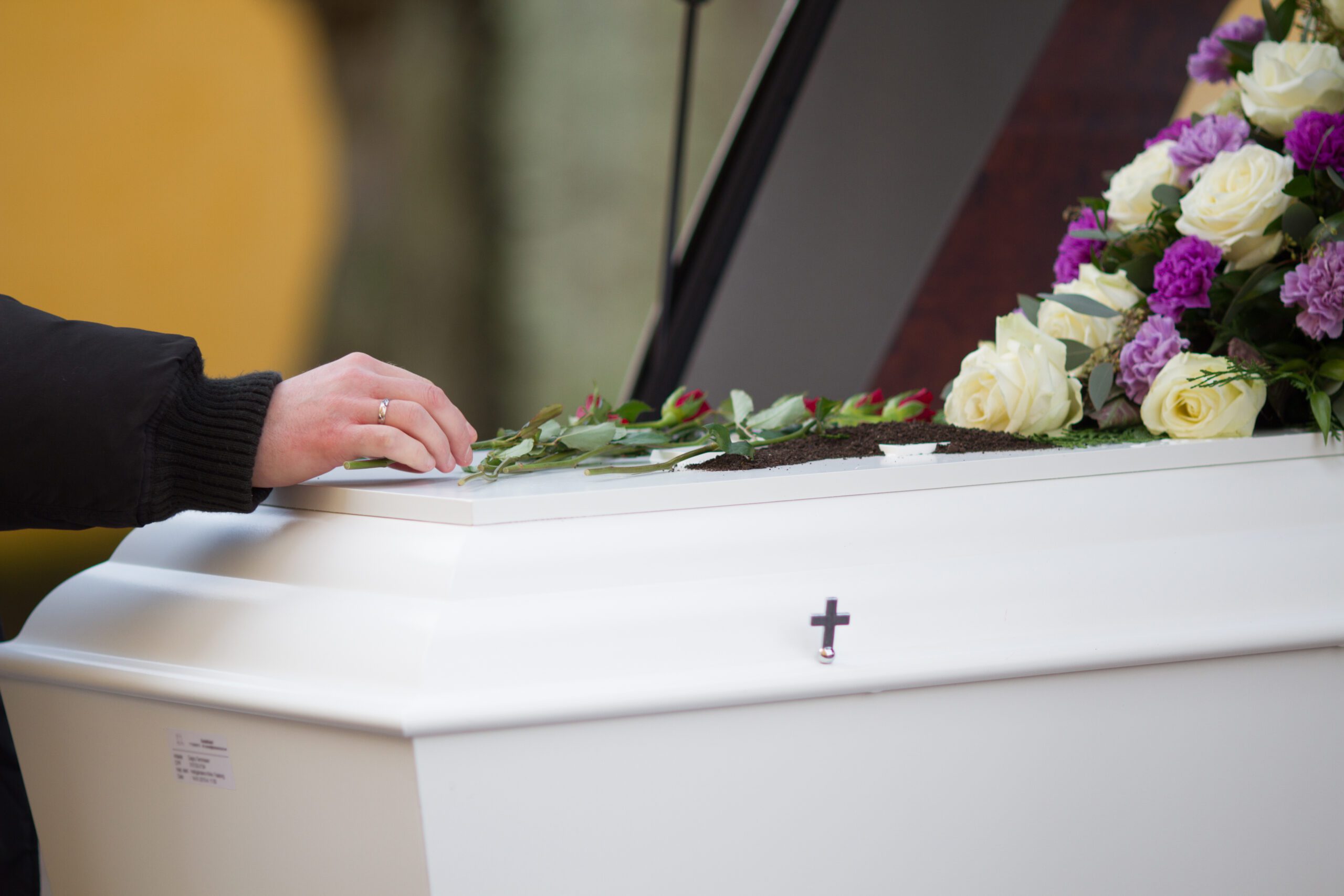Charitable Giving and Estate Planning: Making an Impact in Queens Communities

In Queens, New York, individuals have the opportunity to make a meaningful impact on their communities through charitable giving as part of their estate planning. By incorporating charitable giving strategies into their estate plans, residents of Queens can support causes they care about, leave a lasting legacy, and potentially enjoy tax benefits. Here are some effective charitable giving strategies to consider when estate planning in Queens:
Donating Through Wills and Trusts
One of the simplest ways to support charitable organizations in Queens is by including specific bequests in your will or trust. You can designate a certain percentage of your estate, a specific dollar amount, or particular assets to be distributed to one or more charitable organizations upon your death. This allows you to support causes that are important to you while ensuring that your wishes are carried out according to your estate plan.
Creating Charitable Trusts
A charitable remainder trust (CRT) presents a unique avenue wherein you can derive income from the trust during your lifetime, with the residue of assets earmarked for charitable causes upon your demise. This mechanism not only facilitates ongoing support for charitable endeavors but also ensures a legacy of generosity that endures beyond one’s lifetime.
Conversely, a charitable lead trust (CLT) operates in a reverse manner, allowing you to allocate income to charitable causes for a predetermined duration, after which the remaining assets revert to your designated beneficiaries. This strategic approach enables you to balance charitable giving with the welfare of loved ones, fostering a harmonious integration of philanthropy and personal legacy planning.
Establishing Donor-Advised Funds
mong the repertoire of charitable giving mechanisms, donor-advised funds (DAFs) stand out as a favored choice, affording individuals a streamlined avenue to channel their philanthropic aspirations. With DAFs, donors contribute to a centralized fund, securing an immediate tax deduction, and retain the privilege to suggest grants to charitable entities over time.
The allure of DAFs lies in their inherent flexibility and convenience, empowering donors to navigate a vast landscape of charitable causes both within Queens and beyond. Whether supporting local community initiatives, fostering educational endeavors, or championing environmental conservation efforts, DAFs provide a versatile platform to enact meaningful change while enjoying the added incentive of tax benefits.
Naming Charities as Beneficiaries of Retirement Accounts
Queens residents can also support charitable organizations by naming them as beneficiaries of their retirement accounts, such as IRAs or 401(k)s. By doing so, individuals can potentially minimize income and estate taxes on these accounts while supporting causes they care about. It’s important to coordinate beneficiary designations with your overall estate plan to ensure that your wishes are carried out appropriately.
Engaging in Charitable Planning with Professionals
When incorporating charitable giving into your estate plan in Queens, it’s essential to consult with experienced professionals, such as estate planning attorneys and financial advisors, who can provide guidance tailored to your individual circumstances and goals. These professionals can help you explore charitable giving strategies, maximize tax benefits, and ensure that your charitable intentions are effectively implemented in your estate plan.
Conclusion
Charitable giving is a powerful way for residents of Queens to support their communities and make a positive impact through estate planning. By incorporating charitable giving strategies into their estate plans, individuals can leave a legacy that reflects their values and priorities while potentially enjoying tax benefits. Whether through wills and trusts, charitable trusts, donor-advised funds, retirement accounts, or other vehicles, Queens residents have numerous opportunities to support causes they care about and leave a lasting legacy for future generations.